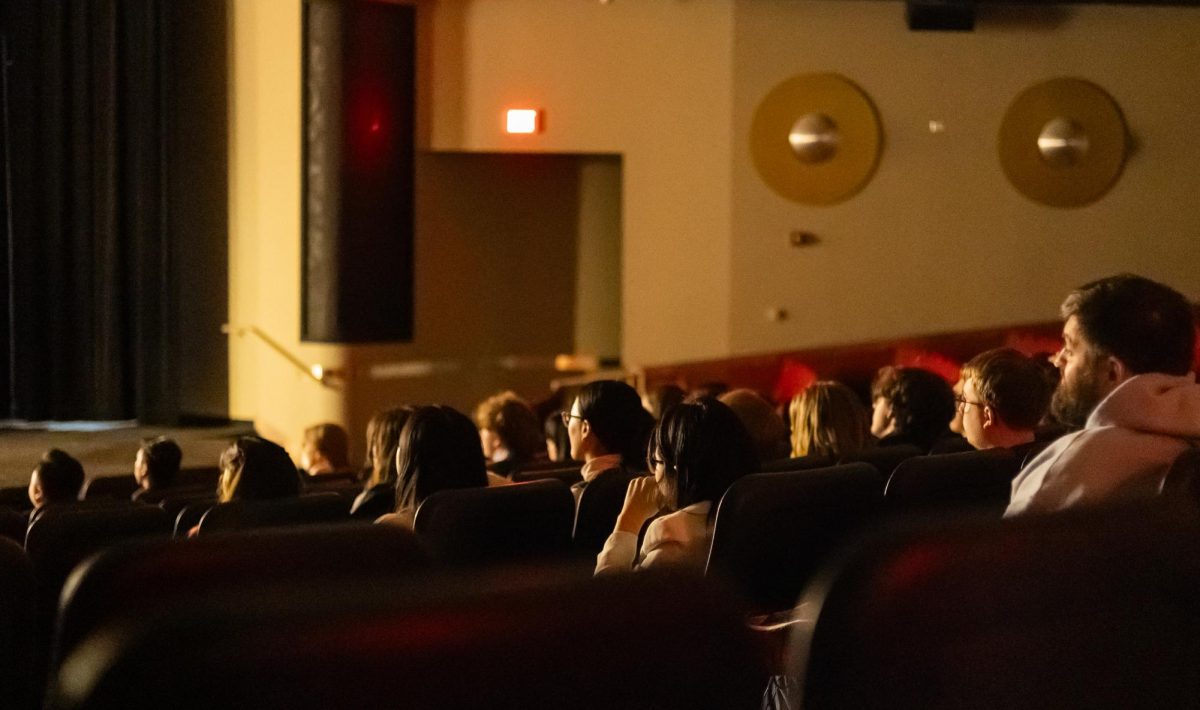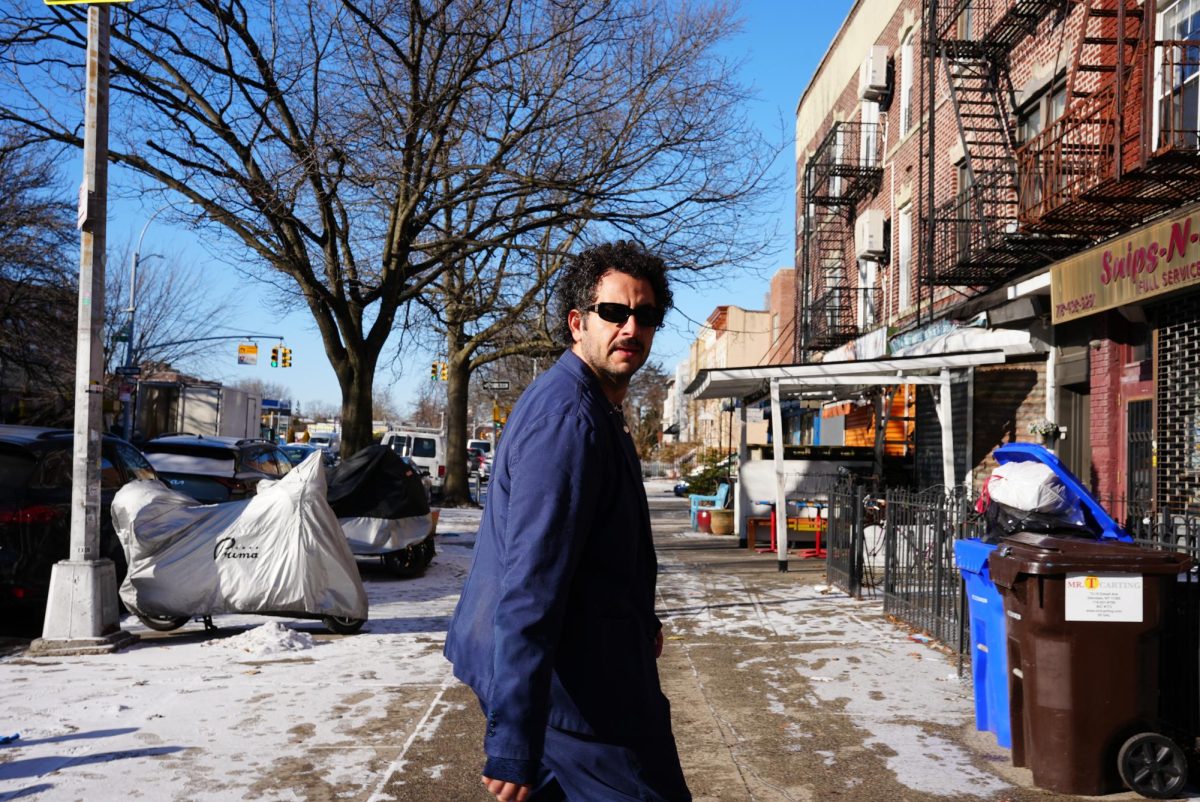A woman who attempts to strangle herself with a phone cord, a scheming family that attempts to rewrite a will and two lovers who just want to be together make up the cast of characters.
This horror show appears courtesy of the University’s School of Music.
This weekend, University Opera Theatre presents two 20th century operas. One is a tragic solo, and the other is a comedic ensemble piece. Professor David Walsh directs both selections, and both are double-cast to accommodate for the vocally demanding roles. But the similarities end there.
Giacomo Puccini’s “Gianni Schicchi” provides the comic relief for the night, because “La Voix Humaine” definitely covers the tragic elements of opera.
At only 50 minutes in length, “Gianni Schicchi” is more like an operetta than an opera. It’s Puccini’s only truly comic opera, because he never wanted to create works that were so far removed from the ones that made him famous.
In “Gianni Schicchi,” a rich old man named Donati has just died. His family members pretend to mourn for him, but a rumor about his will causes much ado as they rush to see what he’s left them.
They’re horrified to discover that Donati left everything to the church, so they ask the sly Gianni Schicchi if he’ll help them. At first, Schicchi refuses. But his lost-in-love daughter pleads with him to help the family so she and her lover can get married. He agrees to pose as Donati long enough to rewrite the will and have it notarized, but to the family’s chagrin, Schicchi ends up with the estate this time.
When all is sung and done, the relatives are forced to leave, the lovers marry and all’s well with the world.
Most of the singers in these University Opera Theatre pieces are either graduate students or doctoral candidates. Most of them, that is.
In her first major role at the University, junior Amita Prakash portrays Lauretta, the title character’s daughter, in two of the performances.
This is only her third University production, and the woman she shares the role with is nearly 10 years her senior. While the differences in age and experience are marked, it has no bearing on the cast members.
“I feel intimidated, but I have no reason to be,” Prakash said. “Everyone is supportive of everyone else.”
A vocal performance student who said she wants a career in opera, Prakash began seriously studying opera last year and had roles in both University Opera Theatre productions.
Thanks to what she calls a smart-aleck decision on her part, Prakash also performs in front of thousands of football fans every couple of weeks.
“I was in professor (Jerry) Luckhardt’s conducting class,” she said, “and since everyone always warmed up their instruments before class I decided to be like everyone else and warm up my instrument, too. Professor Luckhardt heard me singing, and he asked if I’d like to do the national anthem at the Gopher football games.”
On a completely different note, “La Voix Humaine” translates to “The Human Voice.” And what a voice it is at the center of Francis Poulenc’s 1959 one-woman opera.
The protagonist’s relationship is at a dead end, and she tries to talk to her former lover but ends up dialing wrong numbers. She talks and listens, then talks some more. The audience soon learns he wants nothing to do with her, and he probably isn’t even on the other end of the line.
Double-cast with doctoral students Anna Brandsoy and Amy Bouchard sharing the role of the woman, “La Voix Humaine” shows how far someone would go to win back a lover. By the end of the piece she’s so desperate that she considers suicide. Her final words and actions leave little hope for a happy ending.
So, while Prakash makes her first appearance in a starring role in a University Opera Theatre production, the casts of “La Voix Humaine” and “Gianni Schicchi” are ready to perform.







